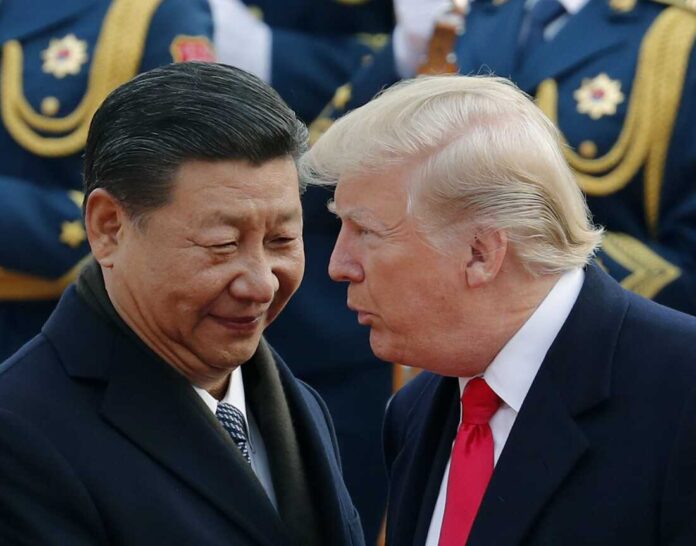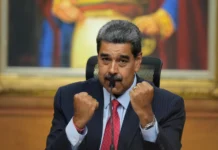
U.S. President Donald Trump has confirmed plans to visit China following a “very good” phone call with Chinese President Xi Jinping, signaling a renewed diplomatic push to resolve escalating trade tensions between the two global powers.
The hour-and-a-half conversation on Thursday marked the first direct contact between the leaders since Trump reignited a trade war with sweeping tariffs in February. Speaking alongside German Chancellor Friedrich Merz in the Oval Office, Trump said he and Xi had exchanged invitations for reciprocal state visits, though Beijing has yet to confirm a trip to the U.S.
“We both accepted, so I will be going there with the First Lady at a certain point, and he will be coming here hopefully with the First Lady of China,” Trump said.
Trump characterized the call as focused primarily on trade and said it had resulted in “a very positive conclusion for both countries.” However, China’s readout was more reserved, reiterating its dissatisfaction with recent U.S. actions and calling for the removal of “negative measures.”
Tensions remain high despite a fragile trade truce struck last month in Geneva. That agreement saw U.S. tariffs on Chinese goods fall to 30%, while Beijing cut its own levies to 10% and pledged to resume exports of critical minerals vital to high-tech industries. The deal set a 90-day deadline for a comprehensive trade resolution, but progress has since stalled amid mutual accusations of non-compliance.
Washington claims China has failed to resume rare earth shipments, while Beijing accuses the U.S. of violating the agreement through new restrictions on semiconductor exports and the revocation of Chinese student visas. In response to questions on the issue, Trump said Chinese students were still welcome in the U.S., but noted, “We want to check them.”
China’s state media also reported that Xi issued a stern warning on Taiwan, urging the U.S. to “handle the Taiwan issue prudently” to avoid a potential conflict. This comes just days after U.S. Defense Secretary Pete Hegseth warned that China was preparing for possible military action over the self-governed island.
The phone call, requested by the White House, ends a prolonged period of silence between the two leaders. Trump, who earlier this week expressed frustration over Xi’s reluctance to engage, had previously called him “extremely hard to make a deal with.”
Despite the optimism expressed by Trump, analysts caution that serious differences remain—not only in trade but also over Taiwan and global technology supply chains. With both leaders navigating domestic and international pressures, the path to a lasting resolution remains uncertain, even as diplomatic doors appear to be reopening.
Written By Rodney Mbua


















